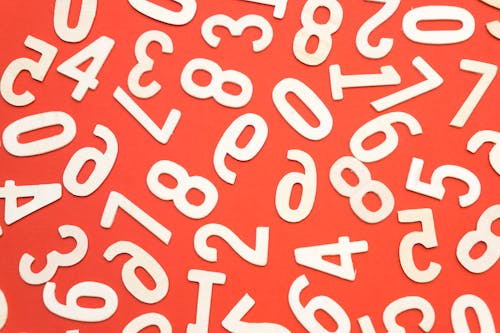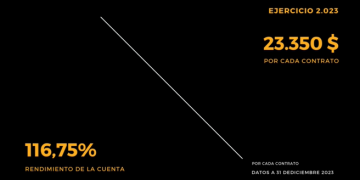Financial Independence Financial independence represents a state in which our income, derived from sources not dependent on a monthly salary, covers all our expenses. In other words, when passive income, received regardless of whether you get up and go to work in the morning, covers all your expenses, you have achieved financial independence. Imagine being in a situation where you can choose how much to work, if at all. A dream!
Inflation Inflation refers to a decrease in the value of our money. But what exactly does that mean? Let’s say I have one shekel with which I can buy one liter of milk today (just for example). I put that shekel under my pillow and it stays there for a year. After a year, I go to the grocery store to buy my milk, but the seller informs me that the milk now costs 2 shekels.

What happened here is a reduction in my purchasing power due to a price increase at a rate of 100% (from one shekel to two shekels). Therefore, the annual inflation rate was 100%.
The entity responsible for controlling inflation to prevent it from spiraling out of control (as it did in the 1980s, reaching up to 400%!) is the central bank. As of 2019, the inflation target of the Bank of Israel is 1%-3%, as low inflation encourages economic growth.
Because of inflation, when your money lies in the bank (or under the pillow), you are actually losing money.
Index An index tracks and refers to a group of units as a whole, with each unit contributing to the group’s average according to its relative size within the group. For a full explanation of what an index is, click here.
Interest Interest is a term in economics that refers to the additional sum of money paid by a borrower (the one who takes the money) to a lender (the one who lends the money) in exchange for the right given by the lender to the borrower to use a certain amount of money (called “loan principal” or “loan amount”) for a specified period of time (called the “loan period”).
In simple terms, interest is the “price of money” or essentially the “price” of transferring money from the future to the present. Want money now that you don’t have? Pay interest on top of returning the money you borrowed (for example, from the bank).
Interest can be: fixed (the same interest rate throughout the loan period), variable (based on predetermined conditions), or tied to an index.
For example, the interest on a bank loan is 5% and is linked to the consumer price index. If the consumer price index rises by 10%, my interest rate will now be 5.5%.

Return on Investment (ROI) ROI is essentially interest but from the opposite direction. Usually, when talking about the amount of money I pay to someone else, we use the term interest. When talking about the amount of money I receive from an investment I made, we use the term ROI.
Compound Interest Compound interest is exactly like simple interest except that the interest amount is recalculated each time based on the current debt. In other words, interest is added to the original principal each time, and essentially the interest amount is now calculated not only on the basis of the original principal but on the sum of the original principal and the interest amount for the given period.
Let’s understand this through an example. Suppose I took a loan from the bank as follows:
For simplicity, let’s assume that I am not paying back any amount during the loan period but only at the end of the loan period.
If it were simple interest, at the end of two years, I would owe the bank 11,000 shekels (10,000 on account of the principal and an additional 1,000 shekels as interest).
For the first year, I owed the bank 500 shekels (5% of 10,000 shekels), and for the second year, I owed an additional 500 shekels (5% again of the ending balance of 10,000 shekels).

However, since interest calculation occurs once per year, the calculation method is as follows:
At the end of year one, I owe the bank: 10,000 shekels + 500 shekels (5% of 10,000 shekels). Thus, at the end of year one, my debt jumps to 10,500 shekels.
At the end of year two, I owe the bank: 10,500 shekels (the debt from the end of year one) + 525 shekels (5% of the ending balance of 10,500 shekels).
So, at the end of the two years, I owe the bank 11,025 shekels.
Compound interest has tremendous power, as if the loan were to continue, each time the debt of the past year would increase, leading to substantial growth in the debt.

Of course, compound interest also works to our advantage when talking about returns on investments. For instance, if I invested 1,000 shekels in the market, and after year one, it earned a return of 10%, then at the end of year one, I’d have a portfolio worth 1,100 shekels. Now, leaving that money in the market for another year, during which it earned another 10% return, the gain would be calculated not just on the original 1,000 shekels but on the ending balance of 1,100 shekels. So, the final balance at the end of year
two would be 1,210 shekels (as 10% of 1,100 shekels is 110 shekels).










